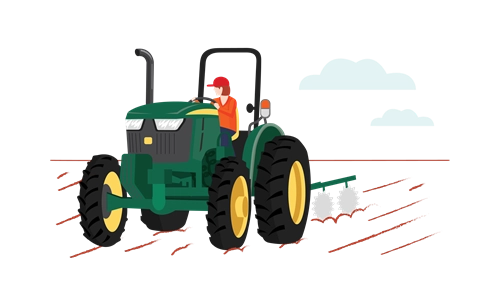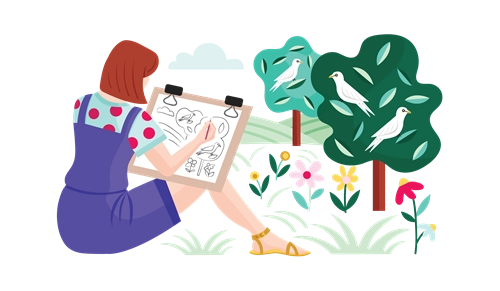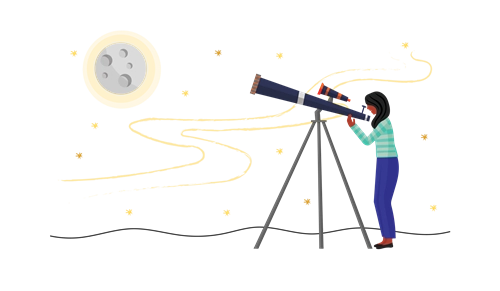Overview
The study of the structure, function, reproduction, growth, evolution and behaviour of living organisms. The main purpose of this narrow field of education is to develop an understanding of the genetics and physiology of living organisms and of the relationship of living organisms to one another as well as the physical environment.
Course skills
Biological Sciences develops skills in:
- analysing and interpreting biological data
- analysing the factors affecting the growth and reproduction of living organisms
- examining cells and tissue to determine their structure and function.
Source: Australian Bureau of Statistics










